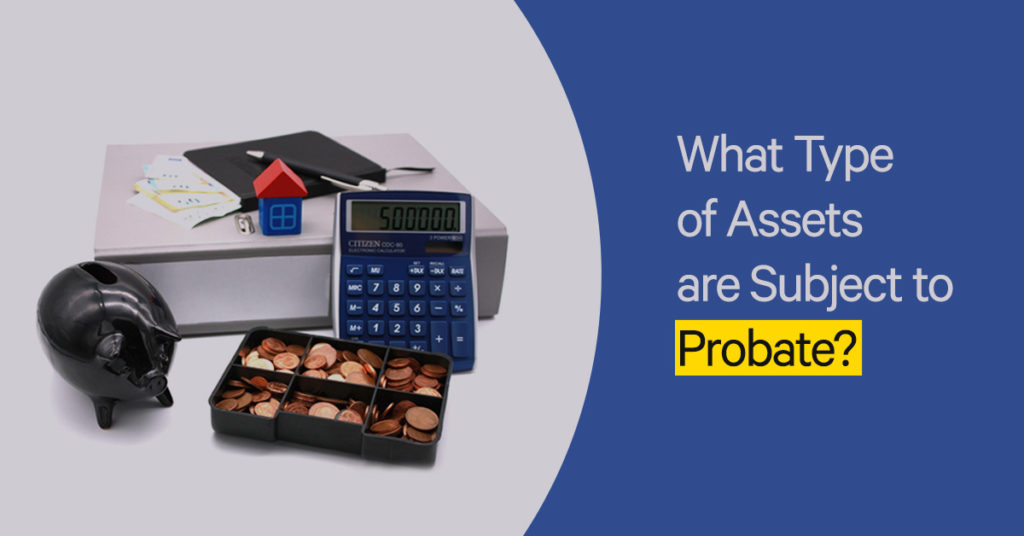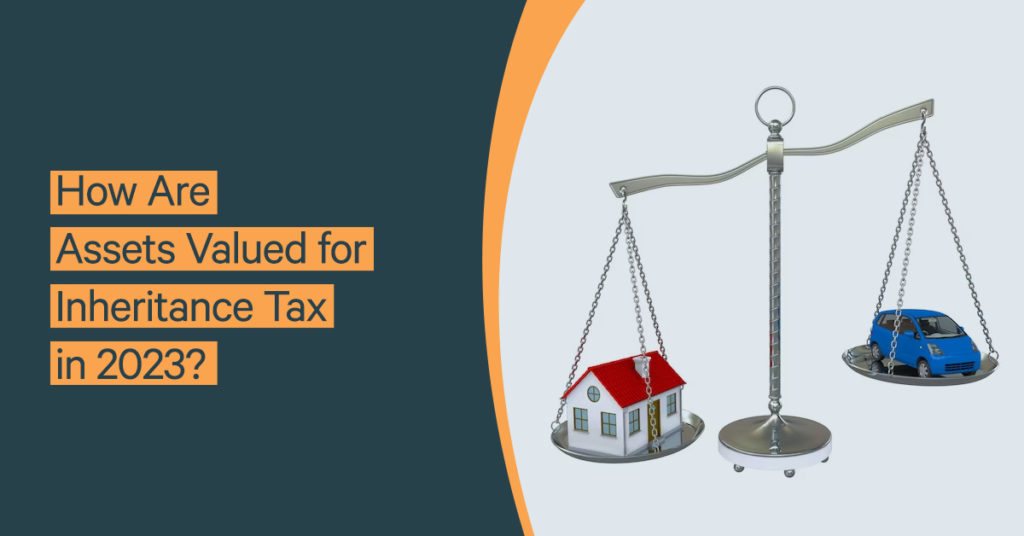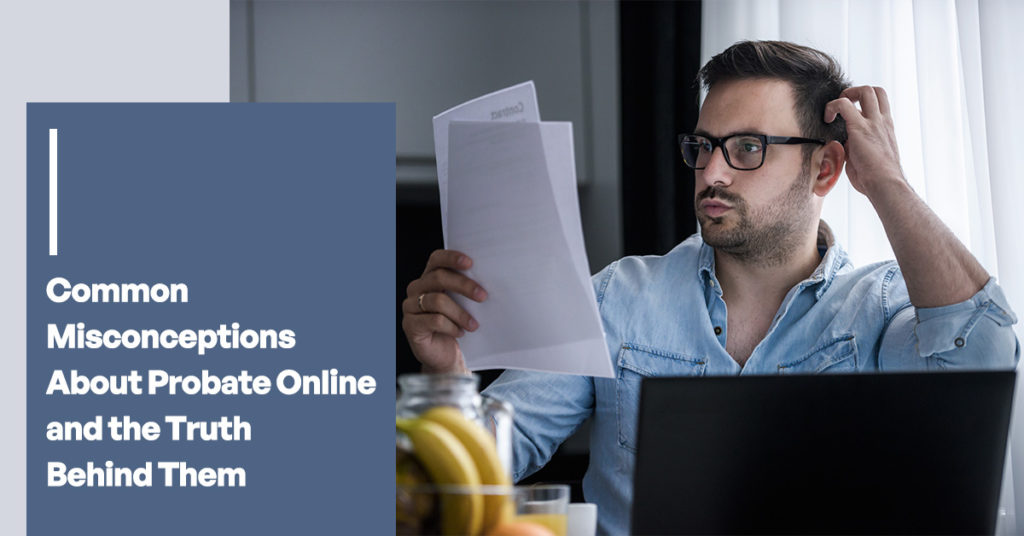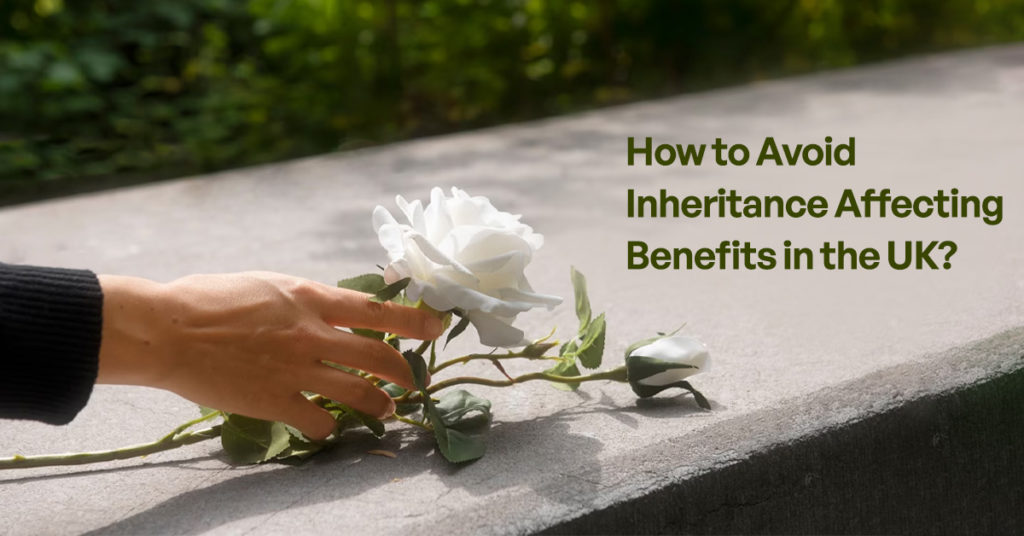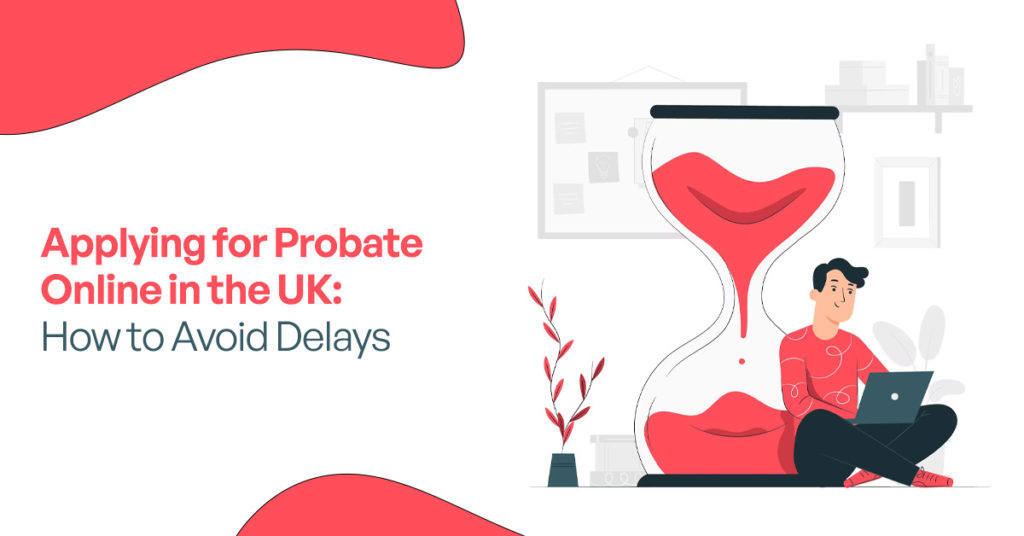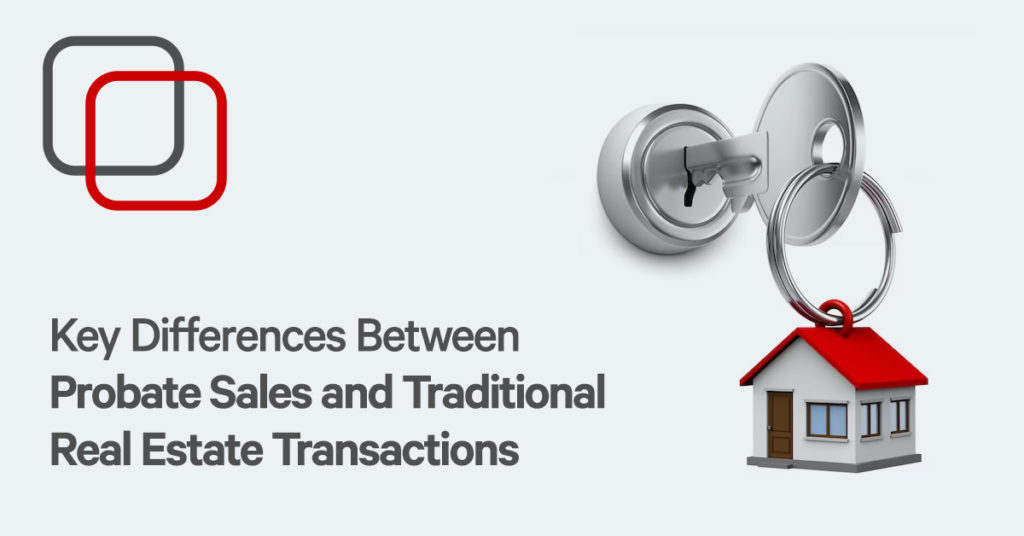
It might seem like traditional real estate and probate real estate transactions are similar on the surface, but there are actually crucial differences between the two that you need to be aware of, regardless of whether you are a homebuyer, a seller or an investor. If you reach out to experts who work within real estate, you will be able to develop your knowledge of these differences and as such, navigate the complexities attached to probate properties, helping you make an informed decision surrounding whether you would like to move forward with your purchase. This article is going to talk in more detail about some of the key differences you will find between Probate real estate and traditional real estate, helping you shed light on the unique aspects of both processes and allowing you to better understand how these differences will impact both investors, buyers and sellers.
The Probate Process and the Impact It Has on Real Estate
A probate property refers to a property which forms a part of the probate process. This process is where the assets of a deceased person, which include real estate, are valued and distributed to their heirs and beneficiaries. The probate process can be complex as it involves proving the will is valid, settling any outstanding liabilities and debts that were owed by the deceased and transferring property ownership as well. Contrast this with traditional real estate transactions, which don’t involve the probate process, these usually follow a much more straightforward path from seller to buyer.
Inheritance and Ownership
In probate real estate, property ownership is initially transferred from the estate of the deceased person to their heirs or beneficiaries. Alternatively, they could be sold to a potential buyer, which is established by both will and state laws. Probate requirements need to be satisfied before the transfer of ownership can occur. Alternatively, in traditional real estate, ownership is usually transferred directly from the seller, straight to the buyer through a purchase agreement, without any kind of need for Probate proceedings.
The Condition of the Property and Disclosures
Naturally, before you invest in a property, you are going to want to be thinking about the condition of said property. When it comes to purchasing a probate property, though some inspections might still be carried out before the sale, they are still more than likely going to be sold “as-is”, without any repairs being carried out. Not to mention, because of the nature of the probate process, the executor or the heirs might only have very limited knowledge about the condition of the property, which means there are different disclosures to real estate agents made. This is different to the traditional process, where transactions usually require in-depth inspections, seller disclosures and also well carried out negotiations based entirely on the condition of the property.
Delays and Timelines
When it comes to probate real estate transactions, they can take a lot longer to complete than traditional real estate transactions, given probate deals are affected depending on whether the executor or the administrator has the authority to deal with the property of the deceased. On top of that, the probate process as a whole can introduce a number of different delays, which include the likes of court proceedings and the need to get proper approvals. This is why it is important to work with probate experts who are going to be able to cut down on these specific delays. On the other hand, if you work through a traditional real estate transaction, these tend to follow a much more set and streamlined timeline, which means that closings can happen a lot quicker.
Financing and Considering Various Offers
Financing is different when it comes to traditional real estate and probate real estate. When you are dealing with probate properties, you might require special financing or cash offers because of the unique nature of the challenges that people face when they are dealing with such a property. When you are dealing with traditional real estate, buyers have a much wider range of financing options that they are able to take advantage of and as such, it means that a lot of people tend to go down a traditional route.
Why Go for a Probate Property?
As you can see from the above, purchasing a probate property can be a complicated and elongated process, especially when compared to traditional practices, so why would people go for it? The first and most significant reason is the price. A lot of the time, when it comes to probate properties, those who are selling them are hoping to sell them quickly as they form part of the estate which they are interested in turning into cash as soon as they can. As such, people are happy to take discounts on the offers in order to flip the property as soon as possible. This means they are an excellent option when it comes to people looking for properties that they are able to invest in for a small amount of money and get a larger return on investment.
Some of the other benefits come in the fact that properties are ready to move into. A lot of the time, when people are selling a property which forms part of an estate, the property has previously been lived in, meaning there is not a huge adjustment when people are also moving into the property. There are other benefits as well, all of which mean that though the process can be complex, these properties are still sought after.
Do You Need Help with a Probate Property?
If you are interested in investing in a probate property but you are worried about the process then you should be sure to work with professionals such as Probate Online. Our team will sit down with you to better understand your current situation and advise you on the best way forward. If you have any questions or require any further information then do not hesitate to get in touch.


